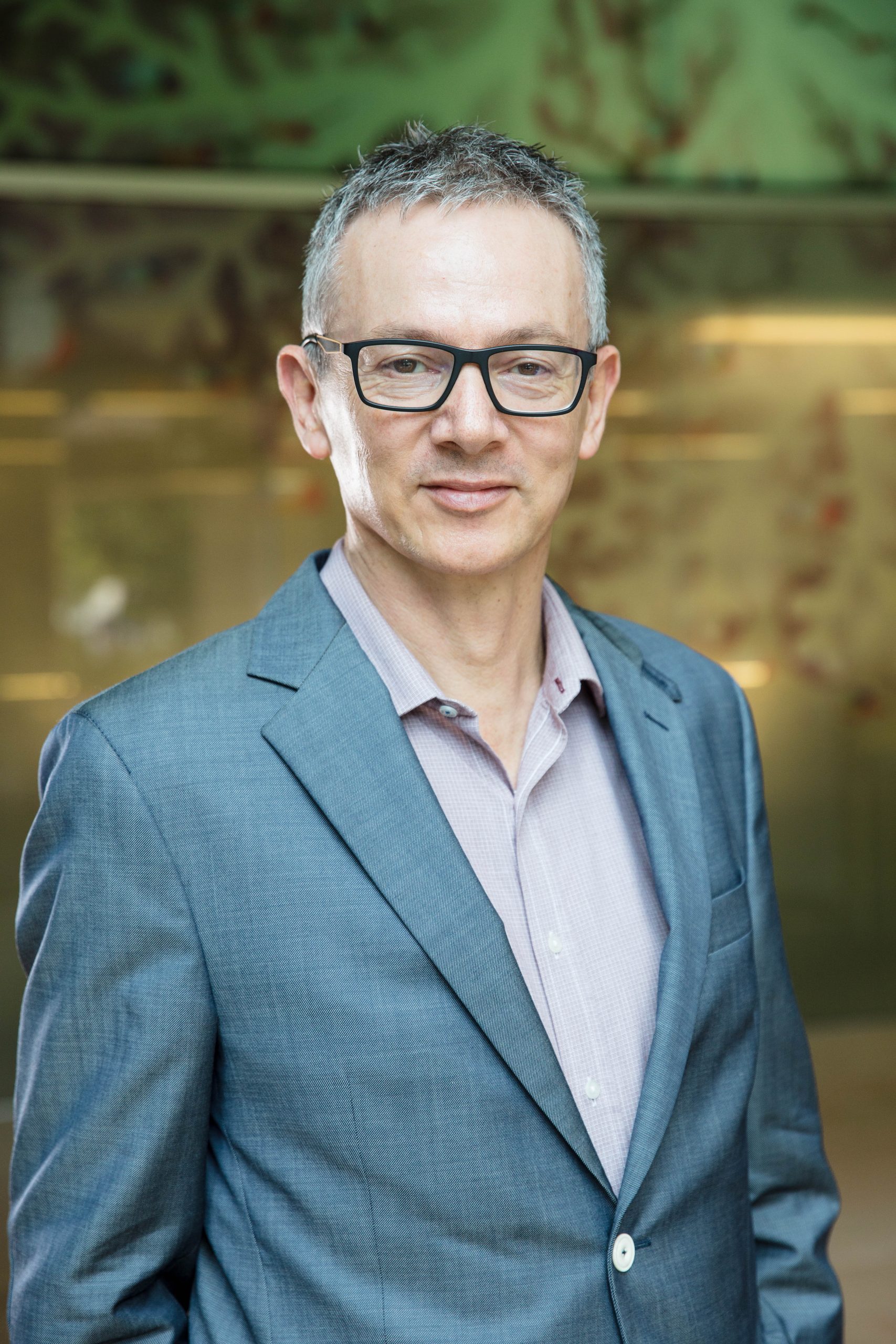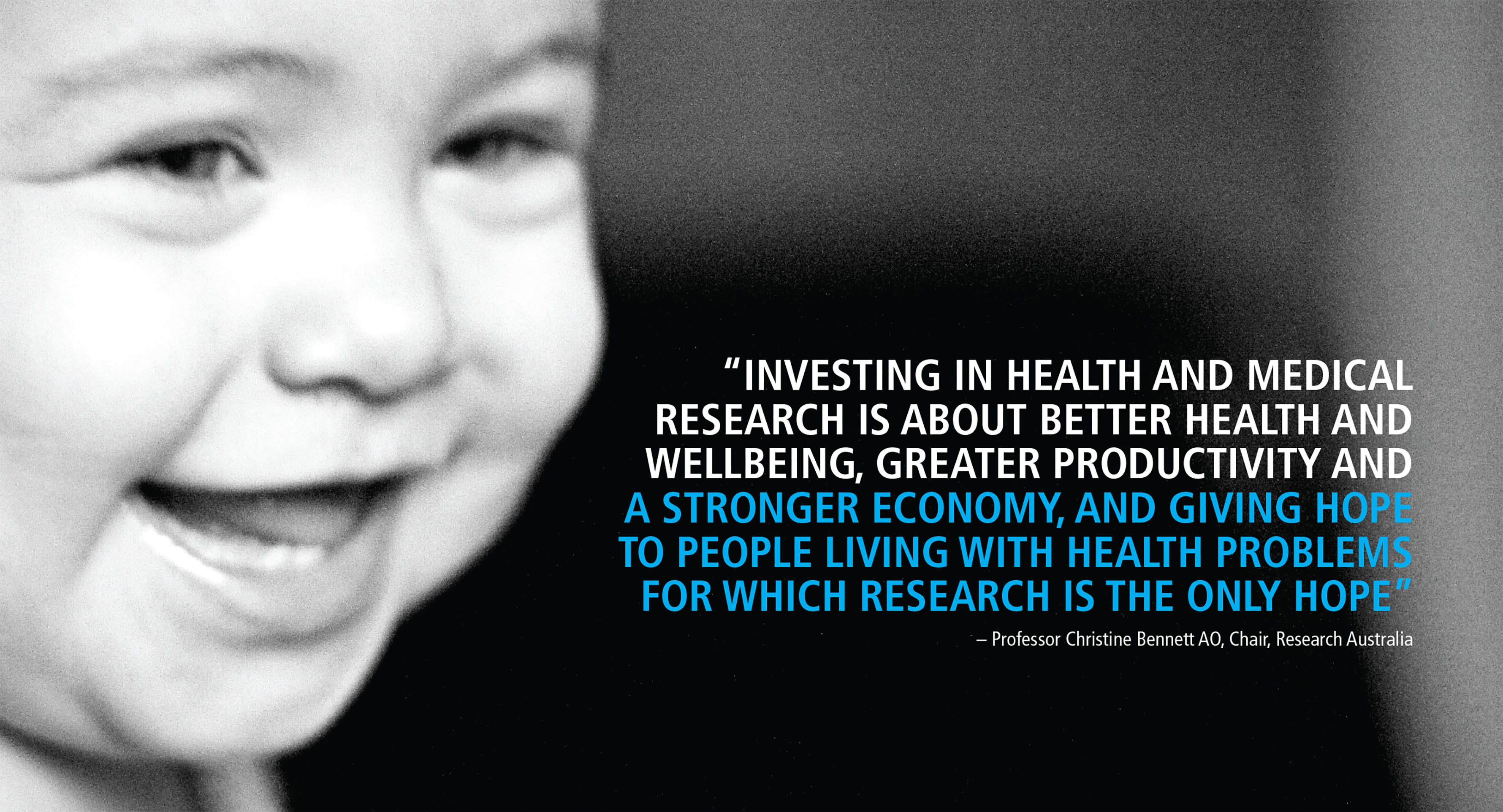Introducing our 2023 finalists: Professor Jürgen Götz
Research Australia is proud to recognise all of the outstanding finalists in this year’s Health and Medical Research Awards, and we look forward to celebrating their work at the Award gala on November 2.
This year, we’re sharing a few of their fantastic stories as an insight into some of the exciting research happening now in Australia. Keep an eye on our social media channels for more about this year’s finalists.
The Frontiers Award acknowledges research by an individual or group that transforms medical knowledge into practical solutions, with the promise of improving health outcomes within Australia and potentially abroad. The Frontiers Award is generously sponsored by the Australian National University.
Among this year’s outstanding finalists in this exciting category is Professor Jürgen Götz, Director of the Clem Jones Centre for Ageing Dementia Research at the University of Queensland, who has helped develop a portable ultrasound scanning device with a range of applications in dementia treatments.
DEMENTIA: A COMPLEX AND COSTLY CHALLENGE
Dementia involves the loss of memory and cognitive abilities and is a serious health challenge both in Australia and globally. Every three seconds, someone in the world develops dementia and almost half a million Australians live with it[1]. Without a medical breakthrough, the number of people living with dementia is expected to increase to more than 800,000 by 2058[2].
So far, research efforts have focused on drug treatments, but with limited success. To date, more than 200 therapeutic drug candidates have failed, and despite decades of ongoing research there is still no cure for dementia.
A PORTABLE TREATMENT WITH GLOBAL POTENTIAL
Professor Götz and his team have created a non-invasive ultrasound device that can be used to directly treat dementia diseases such as Alzheimer’s as well as to enhance the effectiveness of current drug treatments.
Professor Götz has a long track record of showing how the peptide amyloid-β and the protein Tau lead to dementia. Through his studies, Professor Götz has further successfully demonstrated how various therapeutic ultrasound techniques can be used to clear these pathologies. In animal studies, Professor Götz and his team have also shown how ultrasound techniques can safely open the blood-brain barrier and help deliver drugs directly to target brain areas. Finally, they have built an investigational medical device that is currently being trialled in people with Alzheimer’s disease.
By 2036, the total cost of dementia is predicted to increase by 81 per cent to $25.8 billion[3].
The portable technology developed by Professor Götz and his team has the potential to be a low-cost, non-invasive treatment that can massively reduce healthcare costs and improve patient outcomes worldwide.
“The choice between ultrasound or drug treatment doesn’t have to be binary. Ultrasound therapy can go hand-in-hand with emergent drug treatments,” said Professor Götz.
“Given that 98 per cent of drugs developed for brain diseases do not enter the brain, the therapeutic potential of our strategy extends beyond Alzheimer’s and could go a long way in improving treatments for many other diseases of the brain.”
The winners of Research Australia’s Health and Medical Research Awards will be announced at a gala award ceremony in Sydney on November 2. A small number of tickets remain: purchase here.
[1] Australian Institute of Health and Welfare. (2022). Dementia in Australia. AIHW, Australian Government.
[2] Ibid.
[3] Alzheimer’s Australia. (2017). Economic cost of dementia in Australia: 2016-2056. NATSEM, University of Canberra.



